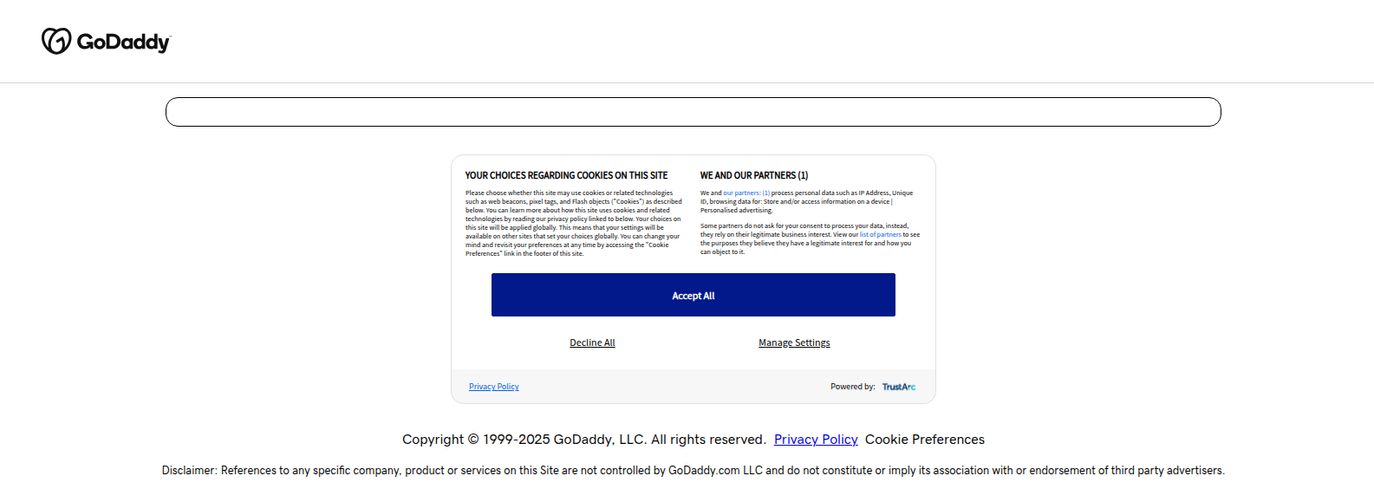We've all been there. It's Monday morning, you need to find that one crucial piece of information—the updated social media policy, the login for the analytics tool, the Q3 marketing budget breakdown. So you begin the great digital expedition. You check the shared Google Drive, which looks like a teenager's bedroom. You sift through a hundred Slack channels. You even check that old Confluence space that no one has touched since 2019. An hour later, you're no closer to an answer, but you have found three different, conflicting versions of the document you need. Sound familiar?
This is the state of knowledge management for so many companies. We create documents with the best of intentions, but they end up in a digital attic, gathering dust. What we're left with is a documentation graveyard. A wasteland of outdated wikis and chaotic shared drives. It’s a huge time-suck and, frankly, a massive source of frustration.
For years, I've been on the hunt for a tool that solves the human side of this problem, not just the technical one. I've tried them all. The ones that are too simple, and the ones that are so complex they require a PhD to operate. Then I stumbled upon Slite. And I have to say, I'm intrigued. It claims to be the knowledge base your team will actually use. A bold claim. So, let's see if it holds up.
So, What Exactly Is Slite?
At its heart, Slite is a knowledge base platform. A modern company wiki. But that description feels a bit... flat. It doesn't quite capture the essence of it. Think of it less as a filing cabinet and more as your company's central nervous system. It’s a single, organized place designed to hold all your team's important information—from onboarding checklists and project plans to meeting notes and company-wide announcements.
But here’s the kicker and its main differentiator: it's powered by AI. Slite isn't just about storing docs; it's about helping you find and even create information instantly. It aims to build a true 'single source of truth' that people don’t have to fight to use. The whole idea is to make accessing company knowledge as easy as asking a question. No more digital scavenger hunts. That's the promise, anyway.

Visit Slite
The First Impression: When Documentation Just Clicks
You know that feeling when you start using a new piece of software and it just… makes sense? That was my initial reaction to Slite. The interface is clean, bright, and incredibly intuitive. It actively resists clutter. For anyone who has wrestled with the dense, sometimes overwhelming UIs of older enterprise tools, this is a breath of fresh air.
The editor itself is a joy. It’s a simple, what-you-see-is-what-you-get experience. There aren't a million confusing formatting options. Instead, it gives you exactly what you need to create beautiful, readable documents. Tables, code blocks, checklists, mentions, image galleries—it's all there, and it all works without a fuss. This low barrier to entry is critical. If creating a document feels like a chore, people just won't do it. Slite seems to understand this on a fundamental level.
Let's Talk AI: More Than Just a Buzzword
AI is slapped onto everything these days, often without adding much real substance. I was skeptical about Slite's AI features at first, but they’ve implemented it in a way that feels genuinely useful. It's not a gimmick; it’s a core part of the experience.
"Ask": Your Company's Personal Oracle
Slite's standout feature is called 'Ask'. It’s an AI-powered search that goes way beyond simple keyword matching. You can ask it natural language questions like, “What is our policy on parental leave?” or “What were the key takeaways from the last marketing sync?” Instead of just pointing you to a list of documents, Ask reads the relevant information across your entire knowledge base and synthesizes a direct answer for you, complete with citations. This is a game-changer. It turns your passive repository of docs into an active, conversational partner.
The Editor Assistant
The AI also helps with the creation side of things. Staring at a blank page is intimidating. Slite’s editor assistant can help you get started. It can summarize long documents, fix spelling and grammar, change the tone of your writing, or even translate text. It’s like having a helpful editor sitting next to you, nudging you in the right direction. It makes the act of documenting work, well, less work.
Breaking Down Slite's Pricing
Alright, let's get to the practical stuff. How much does this all cost? Slite’s pricing is pretty straightforward, which I appreciate. They have three main tiers.
| Plan | Price | Who It's For | Key Features |
|---|---|---|---|
| Standard | $8 /member/month | Most teams getting started with a serious knowledge base. | Unlimited docs, collaborative workspace, AI answers (with limits), integrations, and analytics. |
| Premium | $12.50 /member/month | Companies needing more security and branding control. | Everything in Standard, plus custom domains for public docs and OpenID SSO. |
| Enterprise | Contact for Pricing | Large organizations with complex compliance and support needs. | Everything in Premium, plus read-only roles, audit logs, and a dedicated account manager. |
The Standard plan is genuinely solid. For $8 per user, you get most of the core functionality, including the AI search. The main limitation is the number of AI 'Ask' queries (it was 40 questions/user/month at the time of writing). For most small to mid-sized teams, this is probably plenty.
You'll want to jump to Premium if you need a custom domain for your public-facing help docs or require OpenID for user management. The Enterprise plan is for large-scale deployments where things like read-only roles and audit logs become non-negotiable for security and compliance. It's a pretty standard SaaS model, but it's clear and fair.
The Good, The Bad, and My Honest Take
What I Genuinly Love About Slite
The focus on adoption is everything. The beautiful design and intuitive editor aren't just vanity features; they are strategic choices to reduce friction and encourage use. The AI search is fantastic and delivers on its promise of providing quick, trusted answers. I can easily see how onboarding a new hire would go from a week of frantic questions to a simple, "Just ask Slite." The integrations with tools like Slack and Google Drive are also well-implemented, allowing it to fit into an existing workflow rather than forcing a new one.
Where It Could Be Better
No tool is perfect, right? My main gripe is that some features feel like they should be in a lower tier. For instance, having read-only roles locked behind the Enterprise paywall is a tough pill to swallow. Many smaller teams could benefit from having roles for contractors or company-wide viewers without needing the full Enterprise package. Also, while the standard AI limits are fair, power users might find themselves hitting the ceiling and wishing for a bit more flexibility without a full plan upgrade.
Slite in the Broader Tech World
It's impossible to talk about a tool like this without mentioning the giants in the space, like Notion and Confluence. But I don't think Slite is trying to be them. Confluence is the powerful, sometimes cumbersome, legacy choice for massive corporations. Notion is more like a box of digital LEGOs—you can build almost anything, from a personal to-do list to a complex project management system, but that flexibility can also lead to its own brand of chaos.
Slite carves out its own niche. It is unapologetically a knowledge base. It does one thing, and it does it exceptionally well. It's for teams who don't want to build their system from scratch but want an opinionated, well-designed solution for internal documentation that just works out of the box. It chooses focus over infinite flexibility, and for many teams, that's exactly the right trade-off.
The Final Verdict: Should You Switch to Slite?
After spending some quality time with it, I can say that Slite comes refreshingly close to its claim of being a knowledge base people will actually use. It successfully tackles the biggest hurdle in knowledge management: the human element. It's easy, it's fast, and the AI makes finding information feel a little bit like magic.
If your team is drowning in a sea of unorganized documents, if your current wiki is a ghost town, and if you believe that finding company information should be as easy as a Google search, then you should absolutly give Slite a serious look. It might just be the tool that finally helps you tame your information chaos for good.
Frequently Asked Questions
- Can I try Slite before committing to a paid plan?
- Yes, Slite offers a free trial that lets you test out the platform with your team to see if it's a good fit before you have to enter any credit card details.
- How is Slite's AI search different from a normal search bar?
- A normal search bar matches keywords and shows you a list of documents. Slite's 'Ask' feature uses AI to read and understand the content inside those documents to provide a direct, synthesized answer to your question, complete with sources.
- Is Slite secure for our company's private information?
- Slite takes security seriously, offering features like SSO (on the Premium plan) and audit logs (on Enterprise). They follow industry best practices for data encryption and protection. As always, you should review their specific security protocols to ensure they meet your company's standards.
- What tools can I integrate with Slite?
- Slite integrates with a number of popular workplace tools, including Slack, Google Drive, Figma, Loom, and Trello, allowing you to embed content and improve your team's workflow across platforms.
- How many AI answers do I get on the Standard plan?
- Based on their pricing page, the Standard plan includes 40 AI questions and responses per member, per month. This is pooled across the team.



